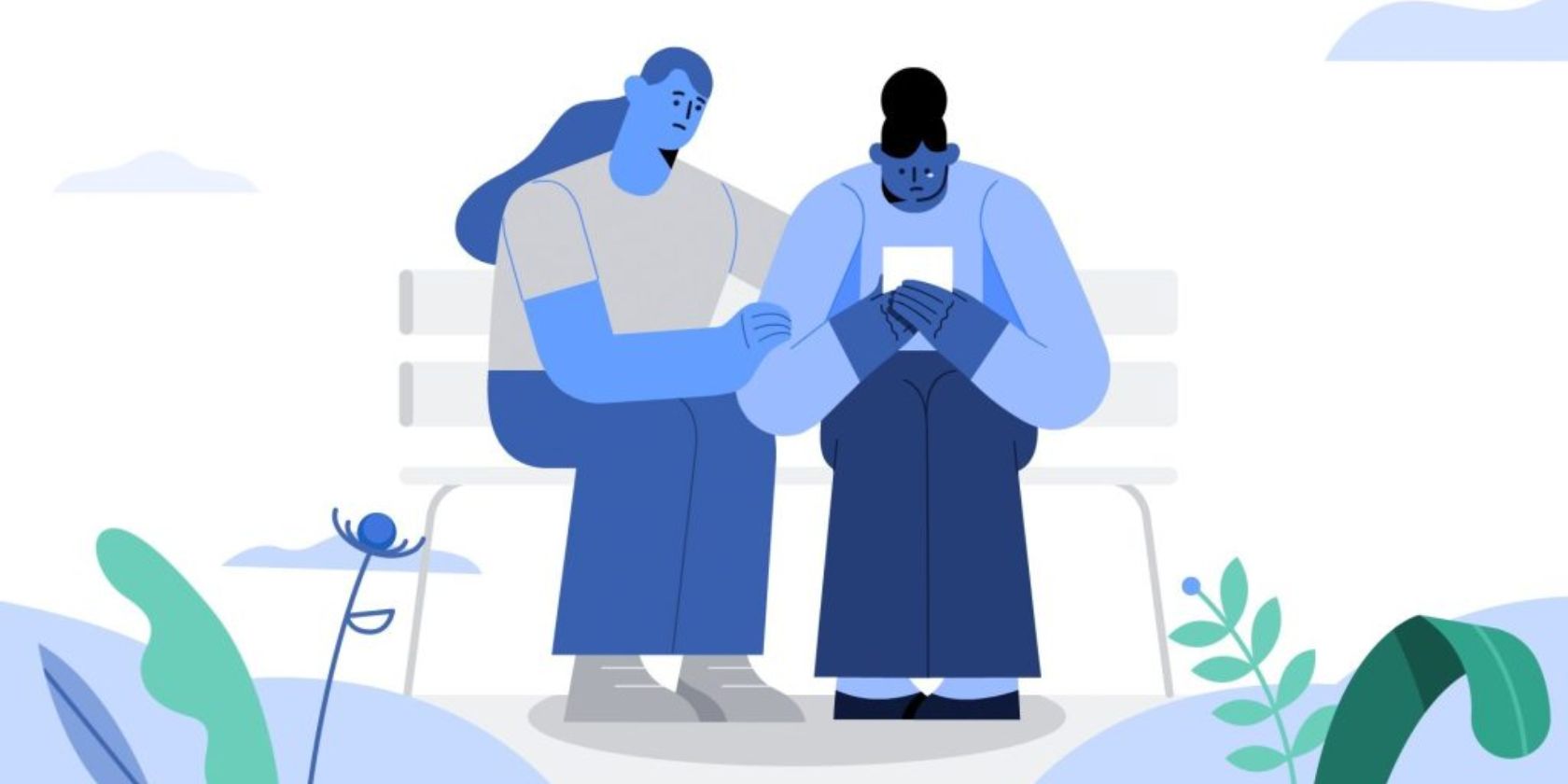People die. And when they do, the internet can be both a blessing and a curse. Especially when it comes to social networks.
On the one hand it allows people to live on in digital form. A person's online presence remaining long after they have shuffled off this mortal coil. However, this can be a painful reminder to those still living that they've lost someone close to them.
For a long time, Facebook has allowed users to memorialize the accounts of those who have died. Which preserves them forever. And now the social network is rolling out several changes to make it easier to manage memorialized accounts.
Facebook Protects People Who Have Died
In a post on the Facebook Newsroom, COO Sheryl Sandberg explains how the social network wants "Facebook to be a place where people can support each other while honoring the memory of their loved ones". Which has resulted in a trio of changes.
First is a new Tributes section for memorialized profiles. With millions of people visiting memorialized accounts every month, Facebook has created a tab "where family and friends can share posts [...] all while preserving the original timeline of their loved one".
Legacy contacts are also gaining additional controls for memorialized accounts. This means that the person entrusted to take care of the account of the deceased can moderate posts, edit who can post and see posts, and change certain settings.
Last but not least, Facebook will now be using AI to better protect people's feelings. This should prevent people who have died being invited to events and friends of the deceased being sent a reminder to wish them a happy birthday.
Who Owns Your Data When You Die?
Facebook has justifiably come in for a lot of criticism of late over its attitude to privacy and security. However, as far as the memorialized accounts of those who have passed away, the social network genuinely seems to have people's feelings in mind.
While it isn't something many of us ever think about, there are some interesting issues surrounding what happens to our online data when we die. And we explored many of these issues in our look at who owns your data when you are dead?

